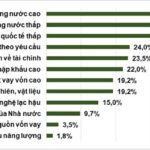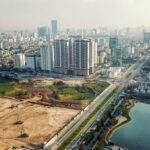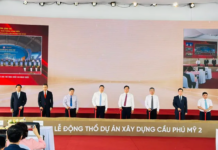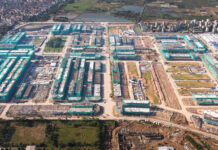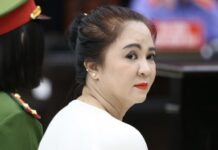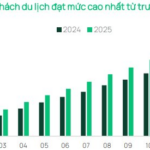On the afternoon of October 3rd, Mr. Nguyen Van Duoc, Chairman of Ho Chi Minh City People’s Committee, alongside representatives from various departments, met with the Managing Director of Lotte Properties HCMC (South Korea). During the meeting, Lotte expressed its commitment to advancing the Thu Thiem Eco Smart City project (An Khanh Ward), provided the city addresses investment hurdles.
Chairman Nguyen Van Duoc affirmed the city’s acknowledgment of Lotte’s concerns and pledged to report to central authorities for appropriate resolution. City leaders welcomed Lotte’s continued partnership and dedication to meeting project deadlines despite challenges.
Following this development, the Ho Chi Minh City Real Estate Association (HoREA) submitted a proposal to the Government, seeking clarification on the legal framework surrounding additional fees outlined in Decree No. 103/2024/NĐ-CP, which pertains to land use and rental fees.
HoREA also petitioned the National Assembly to incorporate Article 11a into the draft resolution addressing mechanisms to resolve land law implementation challenges. This addition focuses on supplementary payments for land use delays, excluding cases where users are not at fault.
This proposal stems from a legal gap in Article 257(2)(d) of the 2024 Land Law, which only applies to cases involving user fault, overlooking scenarios where businesses are blameless.
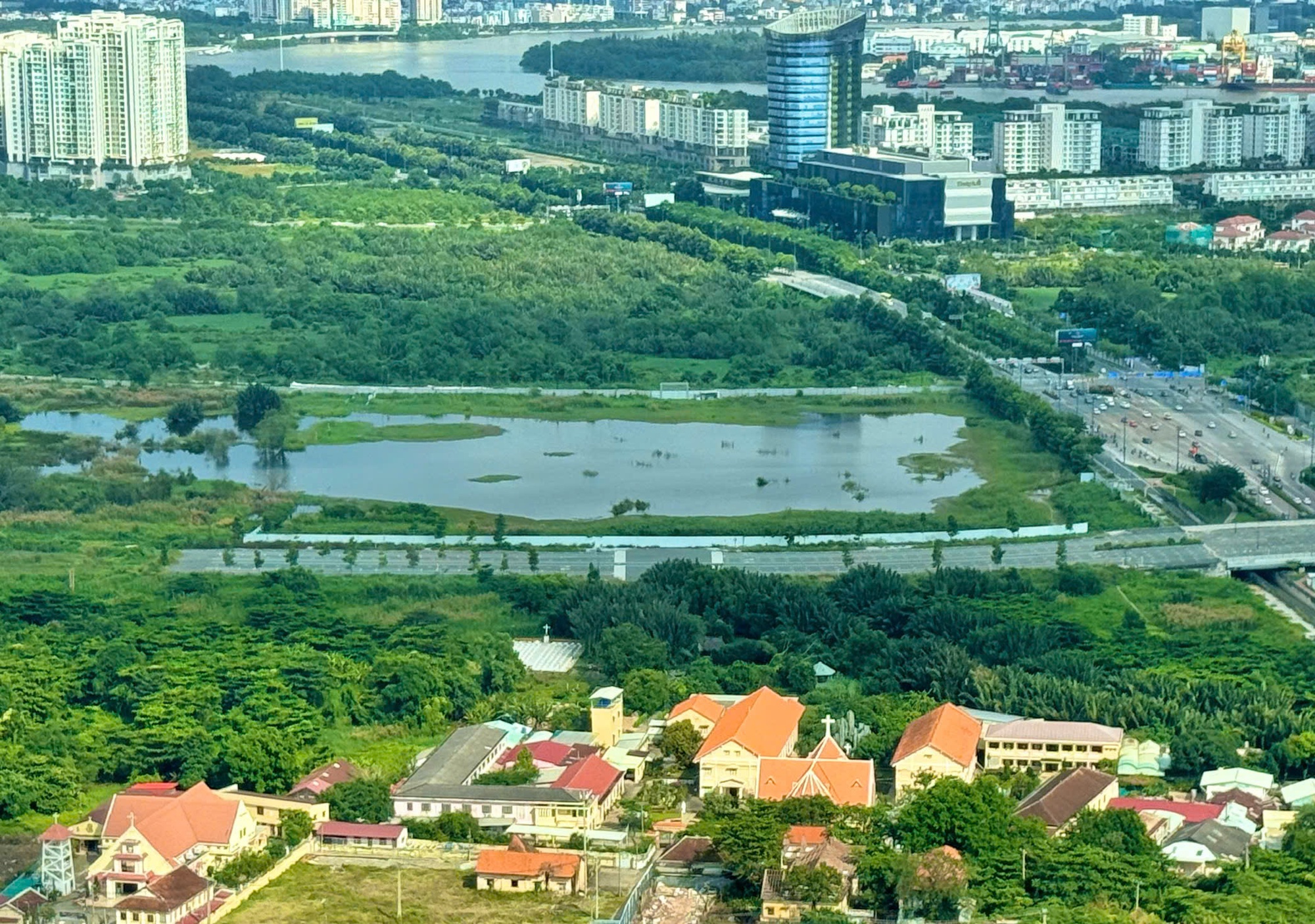
Lotte’s Thu Thiem project remains a focal point for investors.
According to Le Hoang Chau, Chairman of HoREA, approximately 100 residential and commercial real estate projects in Ho Chi Minh City await land use fee notifications, including potential surcharges for delays. Notable examples include 13 Novaland projects, 8 Hung Thinh Land projects, and the Empire City Observation Tower by Empire City Joint Venture.
Chau emphasized that adding a provision for supplementary payments, excluding non-fault cases, would safeguard investors’ rights amid policy shifts. This measure would not only be fair but also enhance the investment climate, particularly for foreign direct investment (FDI) in real estate, a key economic growth driver in Vietnam.
HoREA suggested that if approved by the National Assembly, businesses should be allowed to offset supplementary payments against other financial obligations to ensure fairness.
Regarding fee rates, Chau noted that the 5.4% annual charge on land use and rental fees (as per Decree 103/2024/NĐ-CP, Article 257(2)) is excessive. The Ministry of Finance’s reduction to 3.6% annually would alleviate burdens on businesses.
82.5% of Manufacturing Businesses Anticipate Improved Business Conditions in Q4 2025
In the fourth quarter of 2025, a survey on business trends within the manufacturing and processing industry reveals optimistic projections. Approximately 40.8% of businesses anticipate an improvement in trends compared to the third quarter of 2025, while 41.7% expect stable production and operations. Conversely, 17.5% of enterprises foresee more challenging conditions ahead.
Should We Cater to Foreign Businesses?
In just 9 days, Lotte transformed its approach to a project deemed one of the most prime and valuable in Ho Chi Minh City today. Experts argue that Vietnam’s open business environment does not necessitate catering to investors at any cost.
A Fresh Perspective on Exchange Rates
The U.S. Federal Reserve’s (Fed) 0.25 percentage point rate cut has eased pressure on the Vietnamese dong’s exchange rate against the U.S. dollar, allowing Vietnam to maintain its accommodative monetary policy. However, a more fundamental solution is still required to address this issue effectively.

